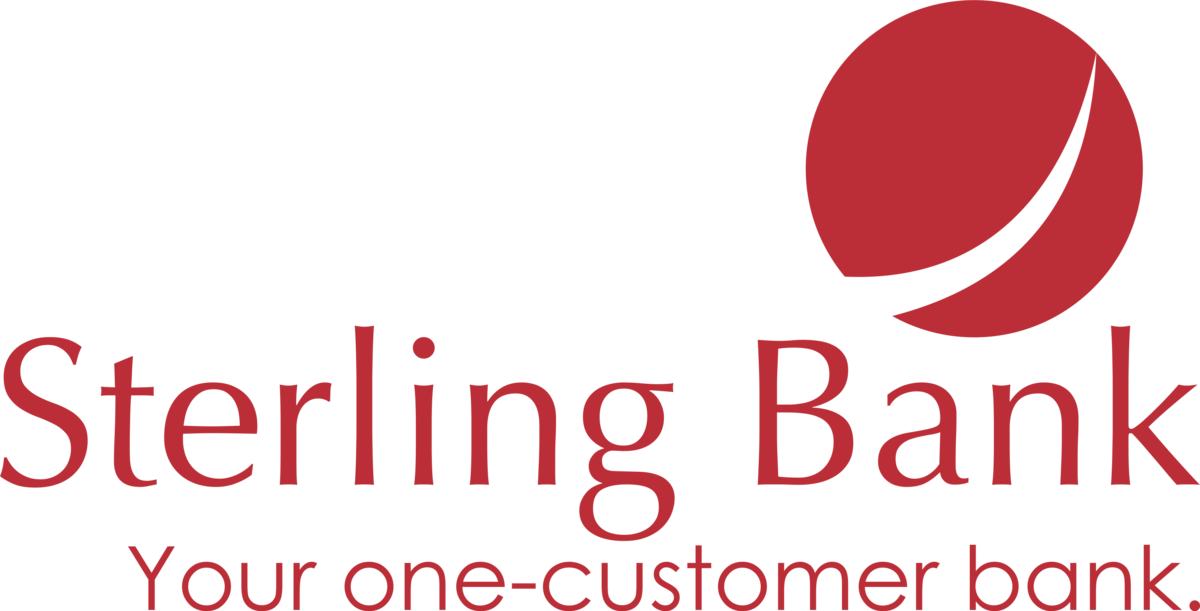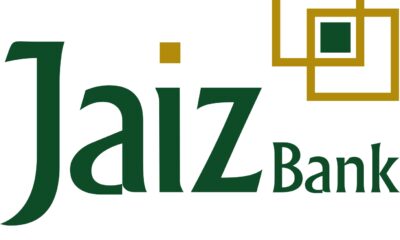African Export-Import Bank (Afreximbank) has partnered with Sterling Bank to introduce the innovative supply chain finance product ‘Payables Finance’, in Nigeria.
This product, branded as ‘Afreximbank Tradelink,’ is one of Afreximbank’s digital offerings under the umbrella of the Africa Trade Gateway (ATG).
ATG provides African corporates and commercial banks with relevant digital tools to access market information, connect with buyers and sellers across the continent for efficient marketing and procurement, facilitate Know Your Customer (KYC) processes, and promote trade payments between African countries in local currencies.
Payables Finance enables suppliers to access financing from the banking system by obtaining early payment for invoices which have been approved for payment by their corporate buyers.
The buyers continue to receive trade credit from the suppliers, and the suppliers finance their working capital through the early payment received, enabling them to grow their business.
The financing cost is linked to the credit rating of the corporate buyers, thereby making this product particularly valuable for SME suppliers who may face challenges in accessing bank finance at competitive pricing.
Payables Finance is the fastest growing trade finance product globally and there is an enormous opportunity for African businesses to benefit from it.
The partnership with Sterling Bank is a unique and innovative arrangement which leverages the complementary strengths of both institutions to provide a comprehensive market-led solution to Nigerian corporates and their suppliers.
Under this arrangement, Afreximbank will provide financing to corporates and banks in both US Dollars and Euros while Sterling Bank will manage financing in Naira.
Suppliers of Nigerian corporates can thus benefit from financing in both local and foreign currency as per their requirements.
Haytham ElMaayergi, Executive Vice President of Afreximbank Global Trade Bank, welcomed the launch as another milestone in realising the Bank’s vision of transforming Africa’s trade.
He said: “Afreximbank identified supply chain finance as a solution for improving access to trade finance in Africa and embarked on a journey to increase penetration through financial intervention and capacity building. The Bank’s Factoring Working Group has done extremely well to provide lines of credit to support factoring and has actively promoted factoring across the continent in collaboration with other institutions.”
He added that the introduction of Payables Finance is the next step on the Bank’s roadmap for supply chain finance across Africa.
“African businesses now have the opportunity to harness the potential of this product, which has been widely adopted globally, at an accelerated pace by learning from the experiences of other regions and using the latest technologies which have been developed,” he explained.
Commenting on this partnership, Gwen Mwaba, Director & Global Head Trade Finance, Afreximbank said: “The launch in Nigeria is a first step in Afreximbank’s plans to introduce Payables Finance across Africa in partnership with leading African financial institutions. The product, which will deploy world class technology and a collaborative delivery model and will contribute towards achievement of the Bank’s strategic objective of reducing the trade finance gap in Africa, particularly for the Small and Medium Enterprises (SMEs) segment.”
Chukwuka Onuaguluchi, Ecosystem Banking Head at Sterling Bank, said: “Sterling Bank is committed to meeting the trade finance needs of Nigerian corporates and their suppliers and we are proud to introduce this much-needed product in partnership with Afreximbank for the benefit of Nigerian businesses.”
Afreximbank provides both US Dollar and Euro financing to businesses in its member countries across Africa and in Caribbean Community (CARICOM) member countries.
The launch in Nigeria will be followed by similar partnerships in other African countries to expand local currency financing capability across the continent in a phased manner.
Adoption of the product will be supported by capacity building events to increase awareness of supply chain finance and its benefits.
The product rollout in Nigeria is complemented by a workshop targeting corporate institutions and banks, in collaboration with Woodhall Capital, a leading finance company in Nigeria.
Underpinning the delivery of these new financial products is a market-leading supply chain finance platform, developed by UK-based fintech Demica, a leader in working capital solutions.
Demica works with the world’s leading banks to power their supply chain finance solutions. In 2021, the company established a partnership with Afreximbank to extend this technology to banks across Africa.


 Billionaire Watch3 weeks ago
Billionaire Watch3 weeks ago
 Startups4 weeks ago
Startups4 weeks ago
 News4 weeks ago
News4 weeks ago
 News4 weeks ago
News4 weeks ago
 Bitcoin4 weeks ago
Bitcoin4 weeks ago
 Naira4 weeks ago
Naira4 weeks ago
 Forex3 weeks ago
Forex3 weeks ago
 Treasury Bills4 weeks ago
Treasury Bills4 weeks ago
























